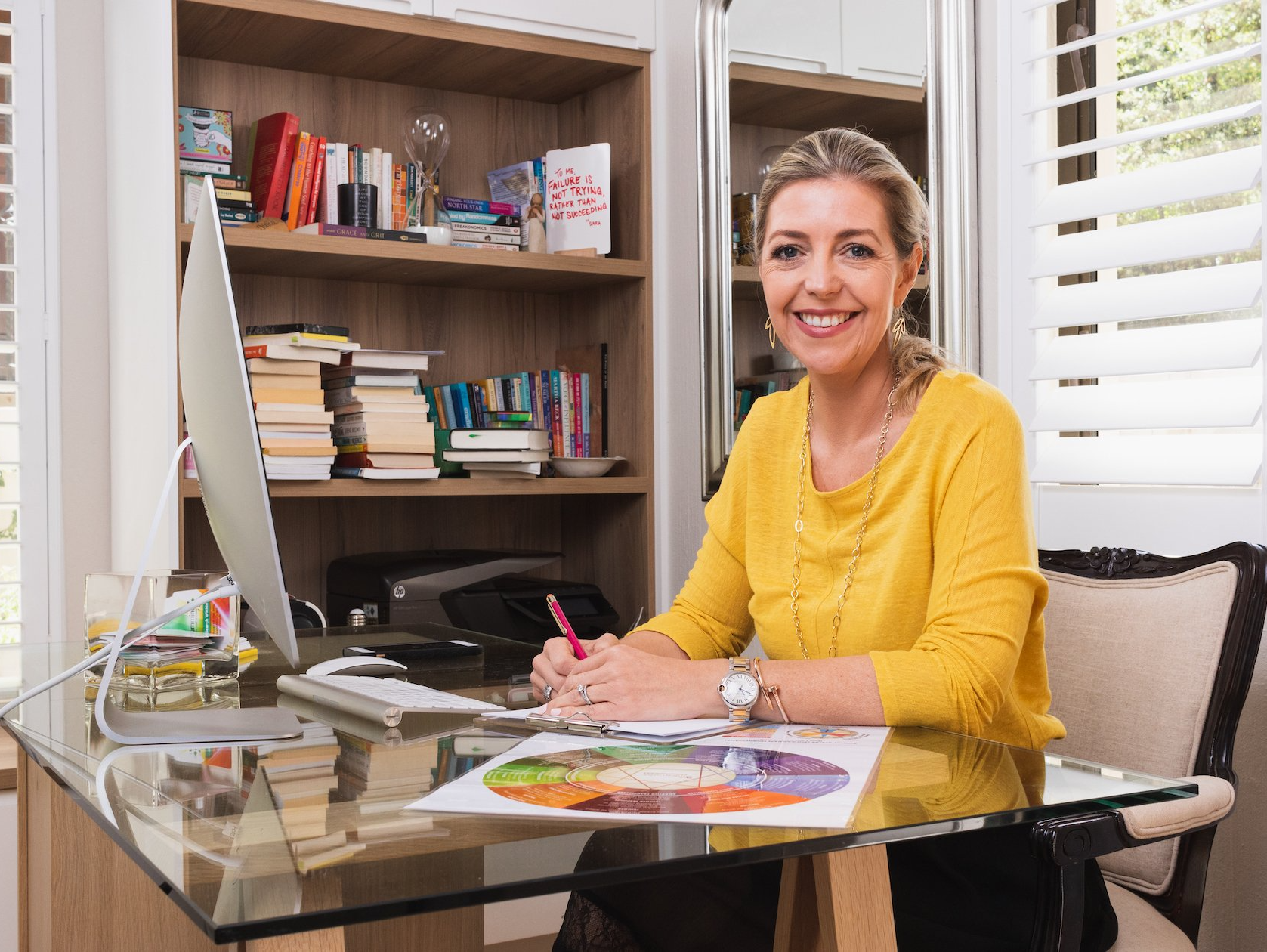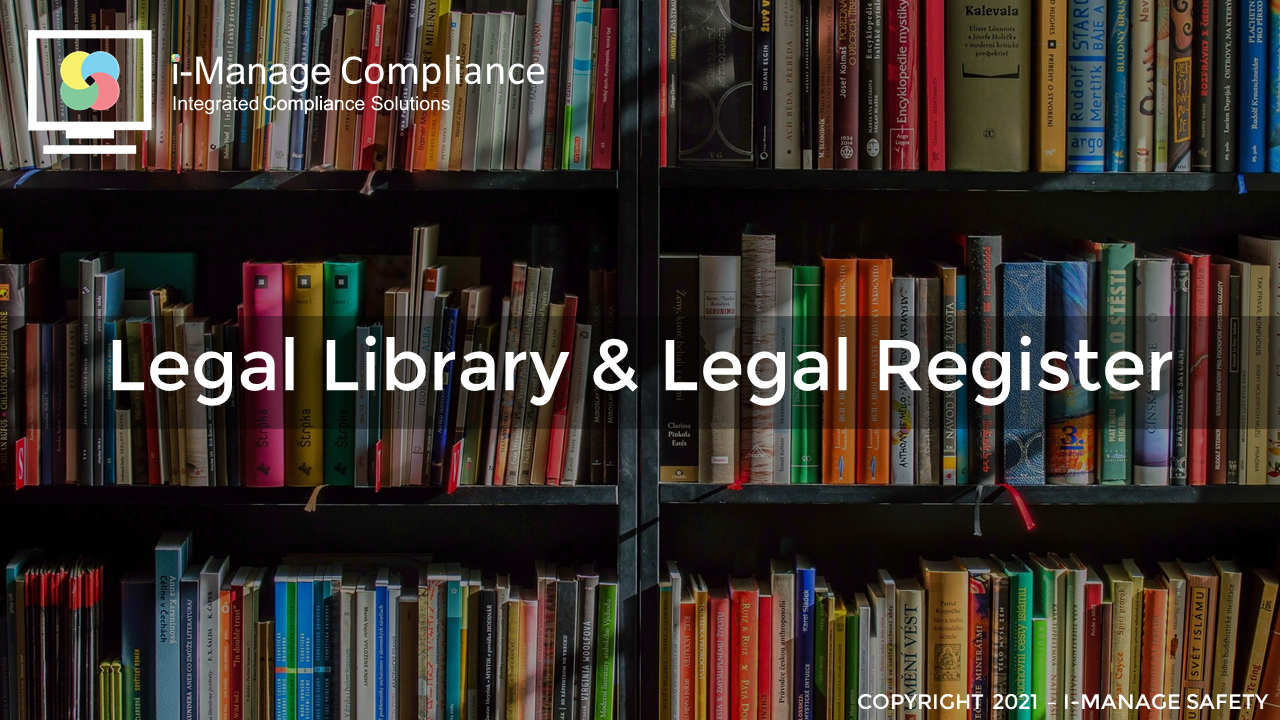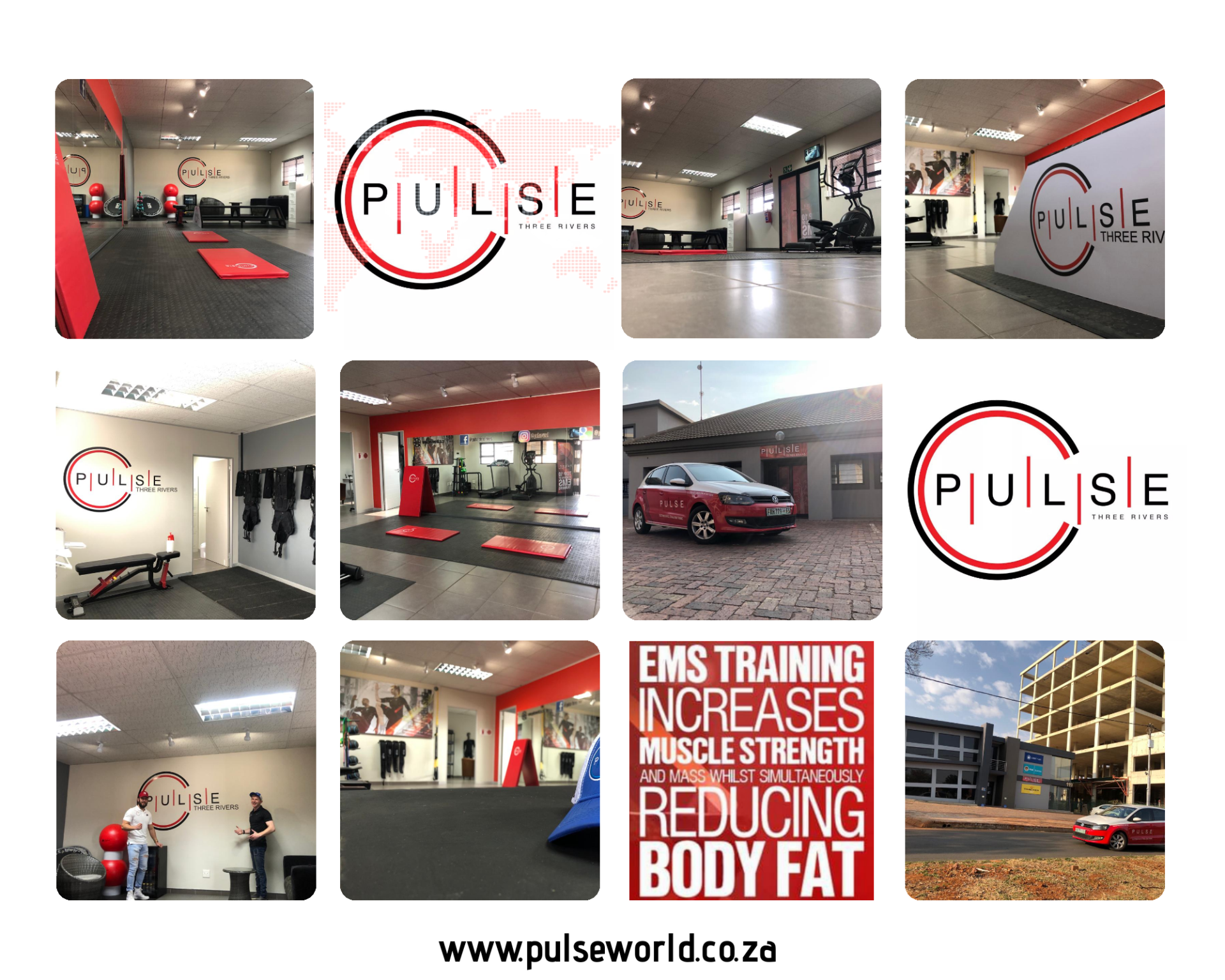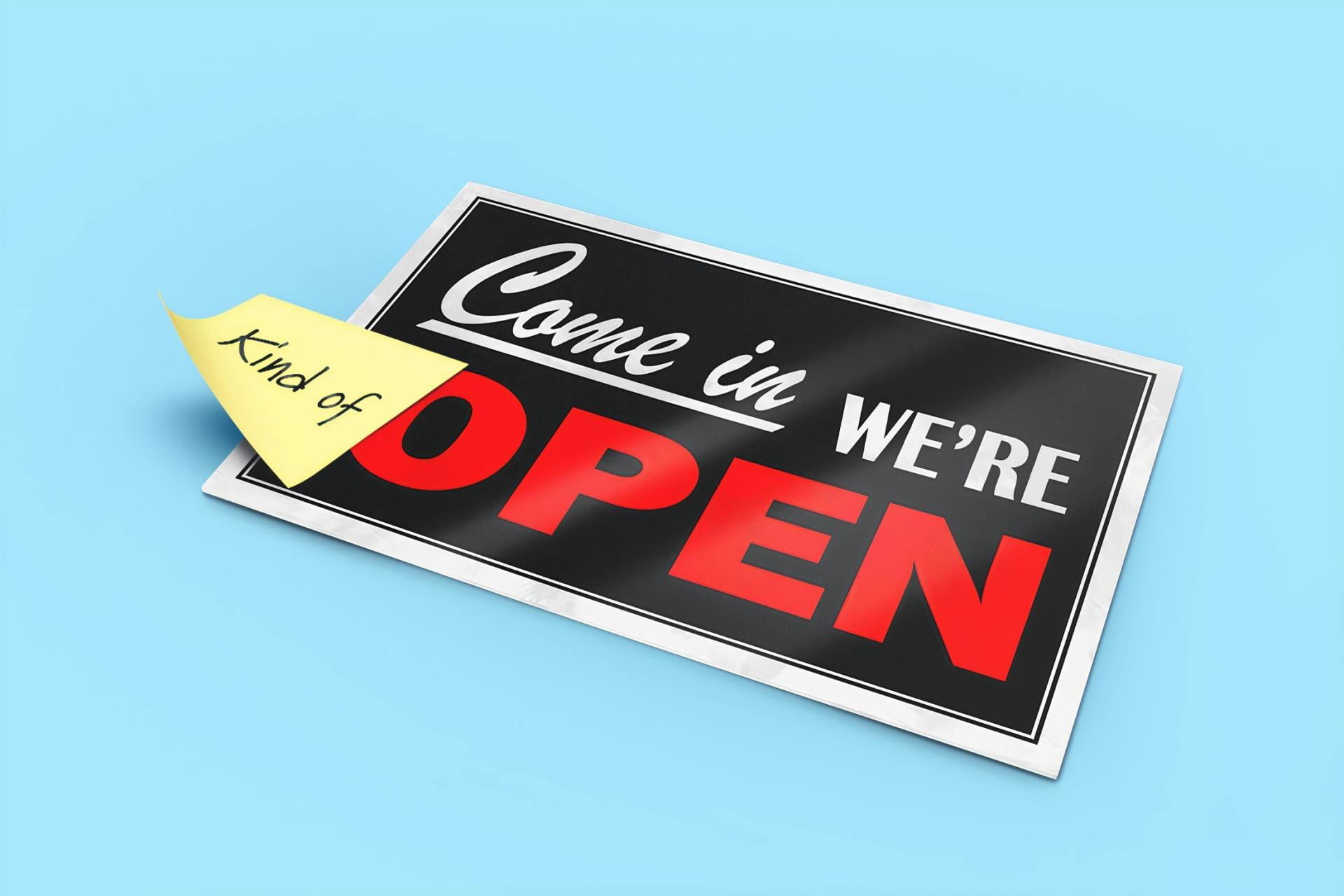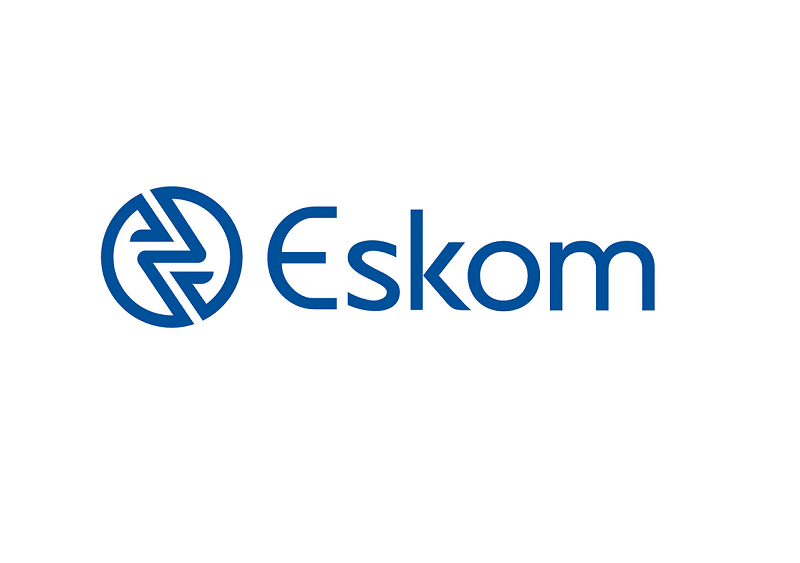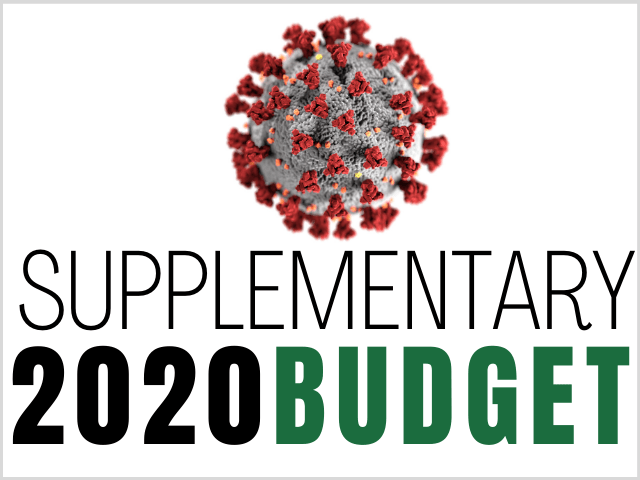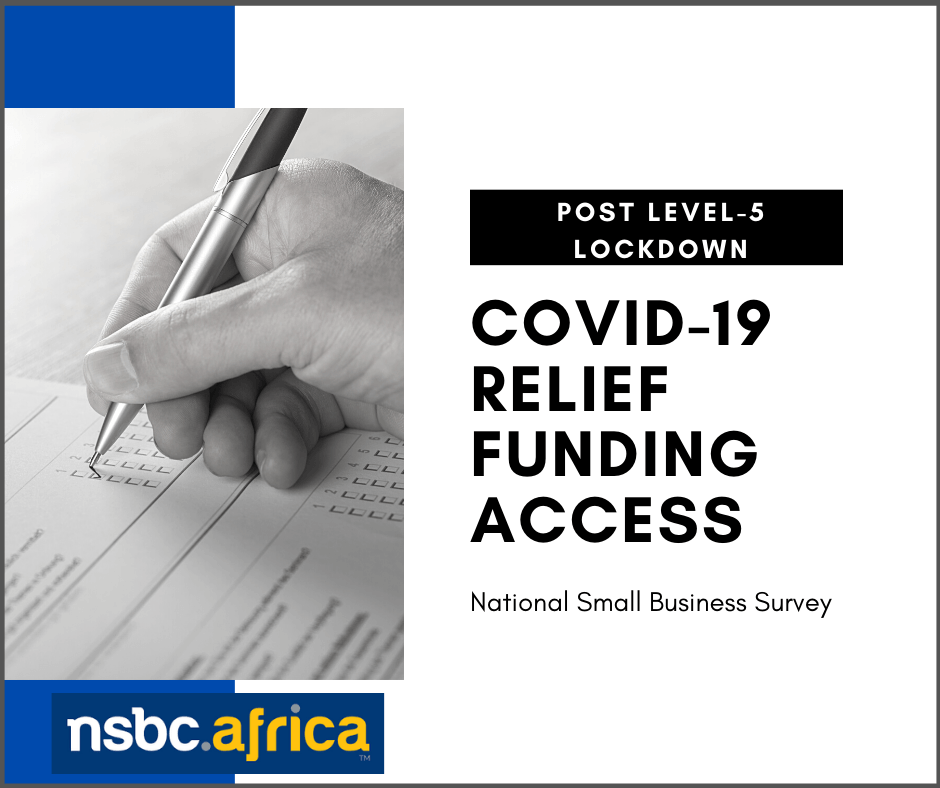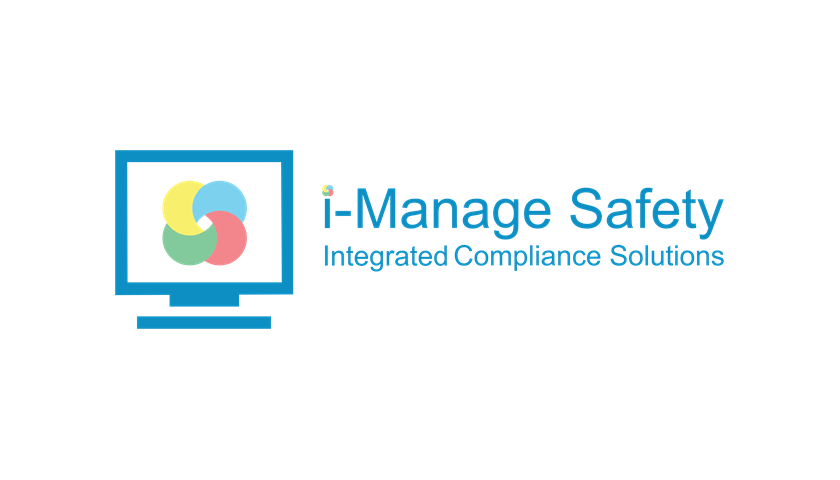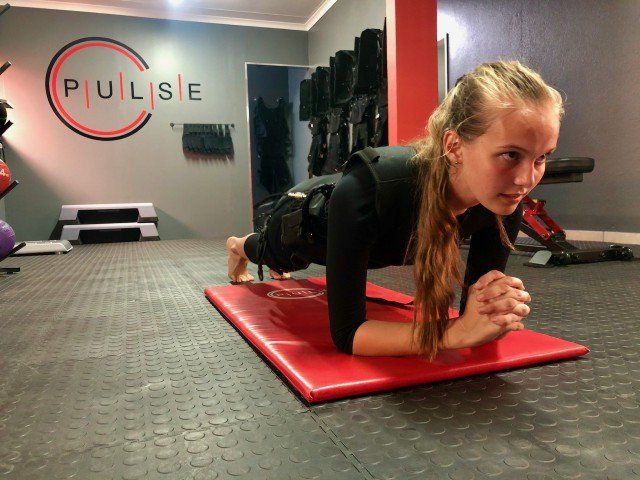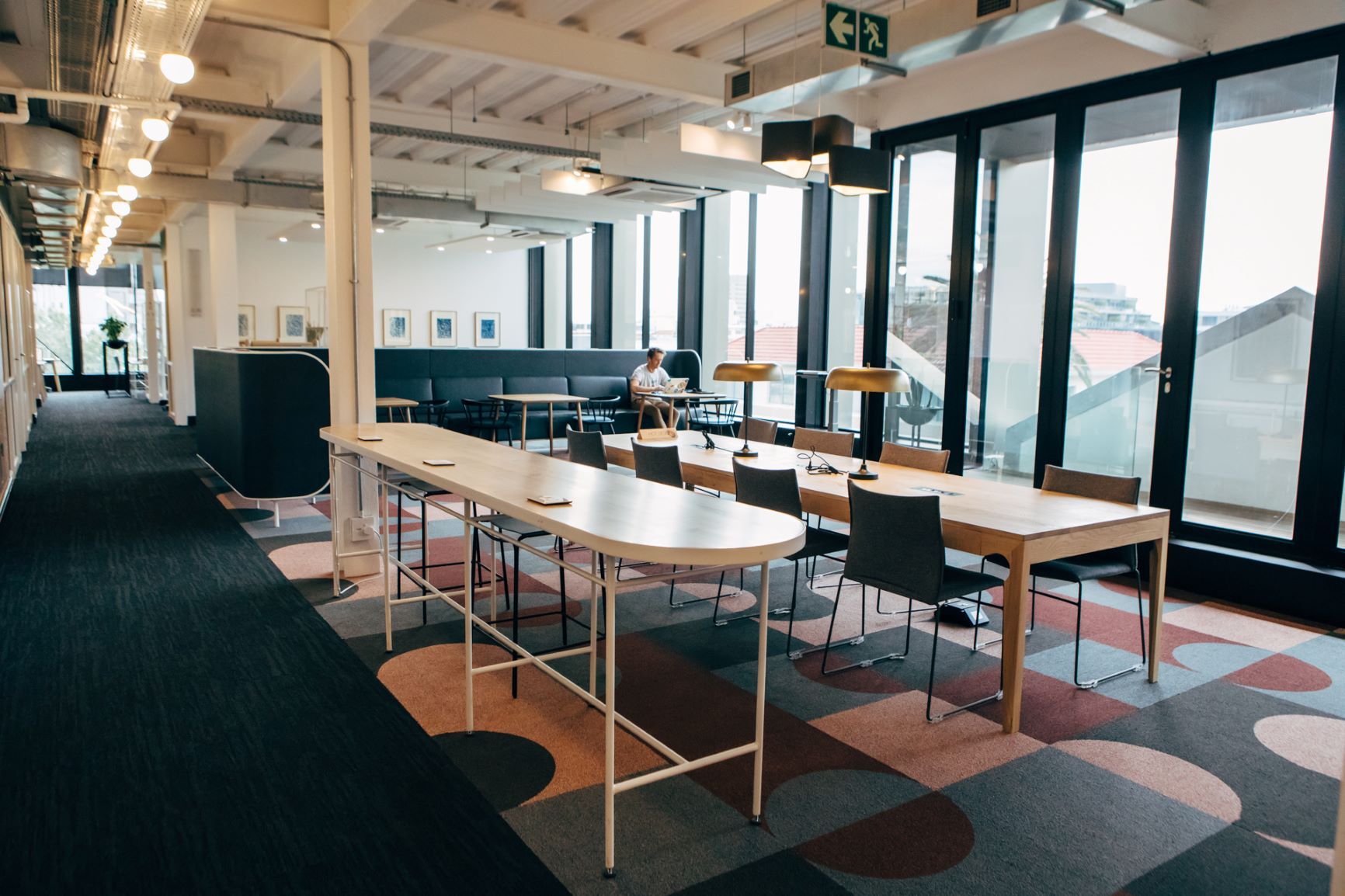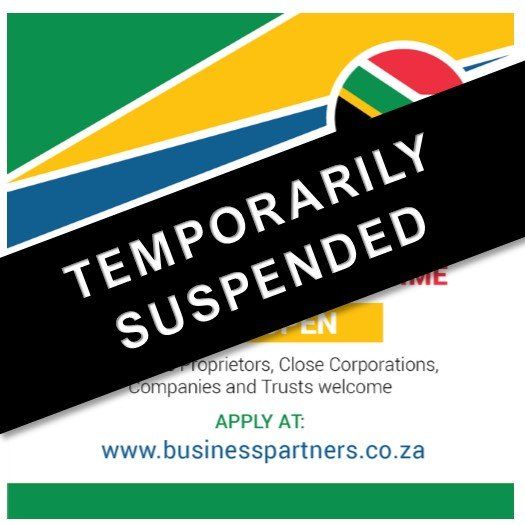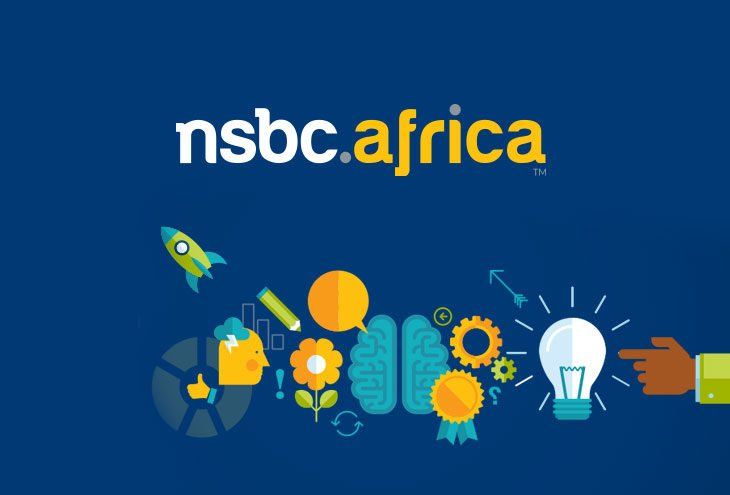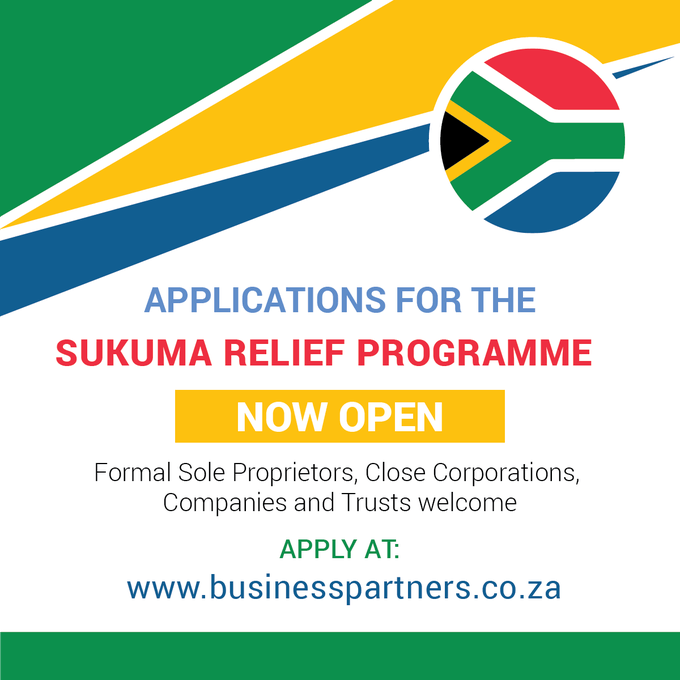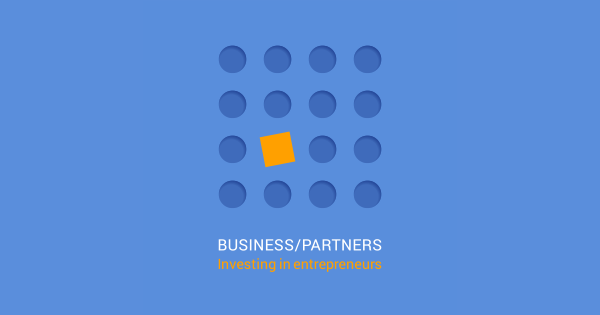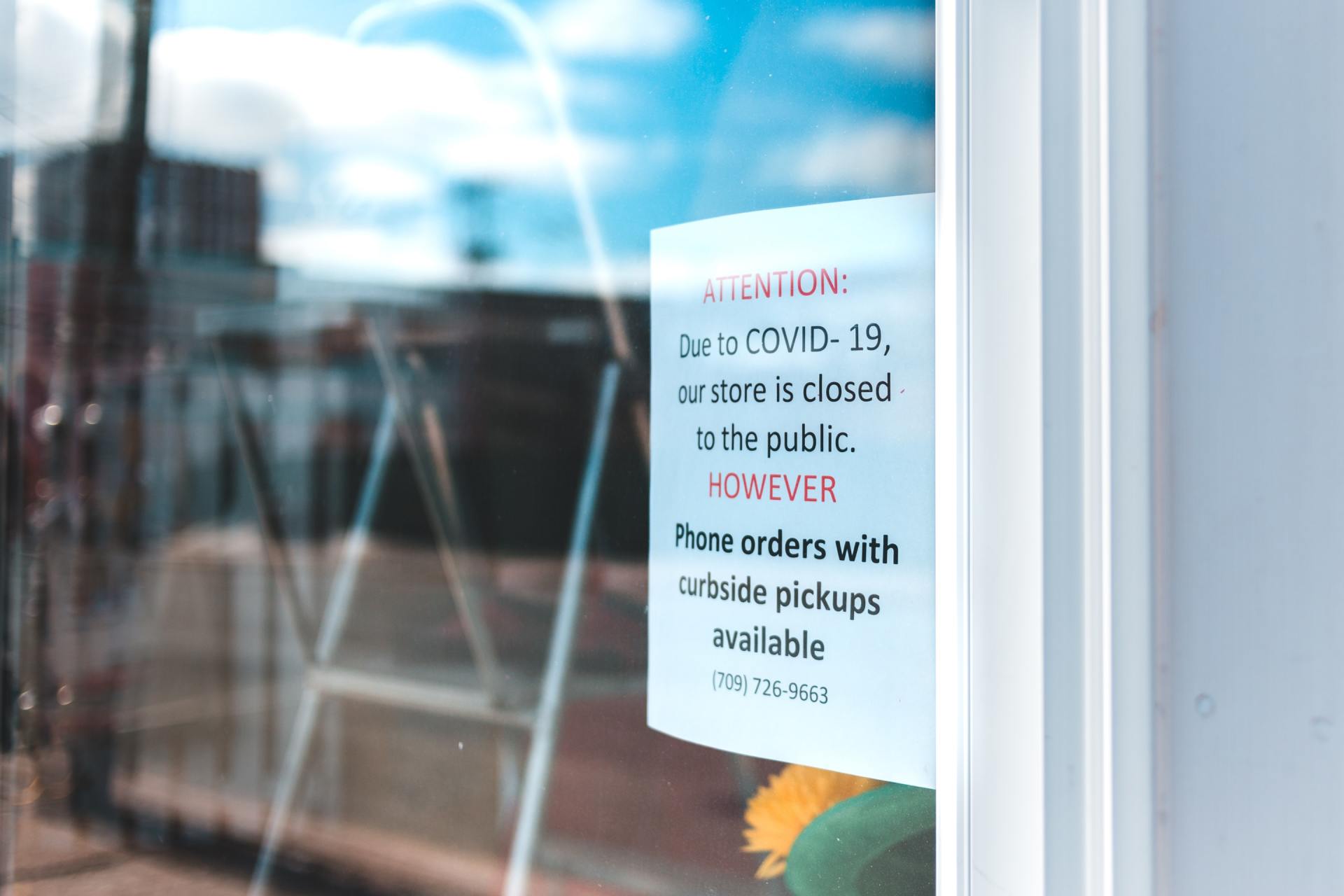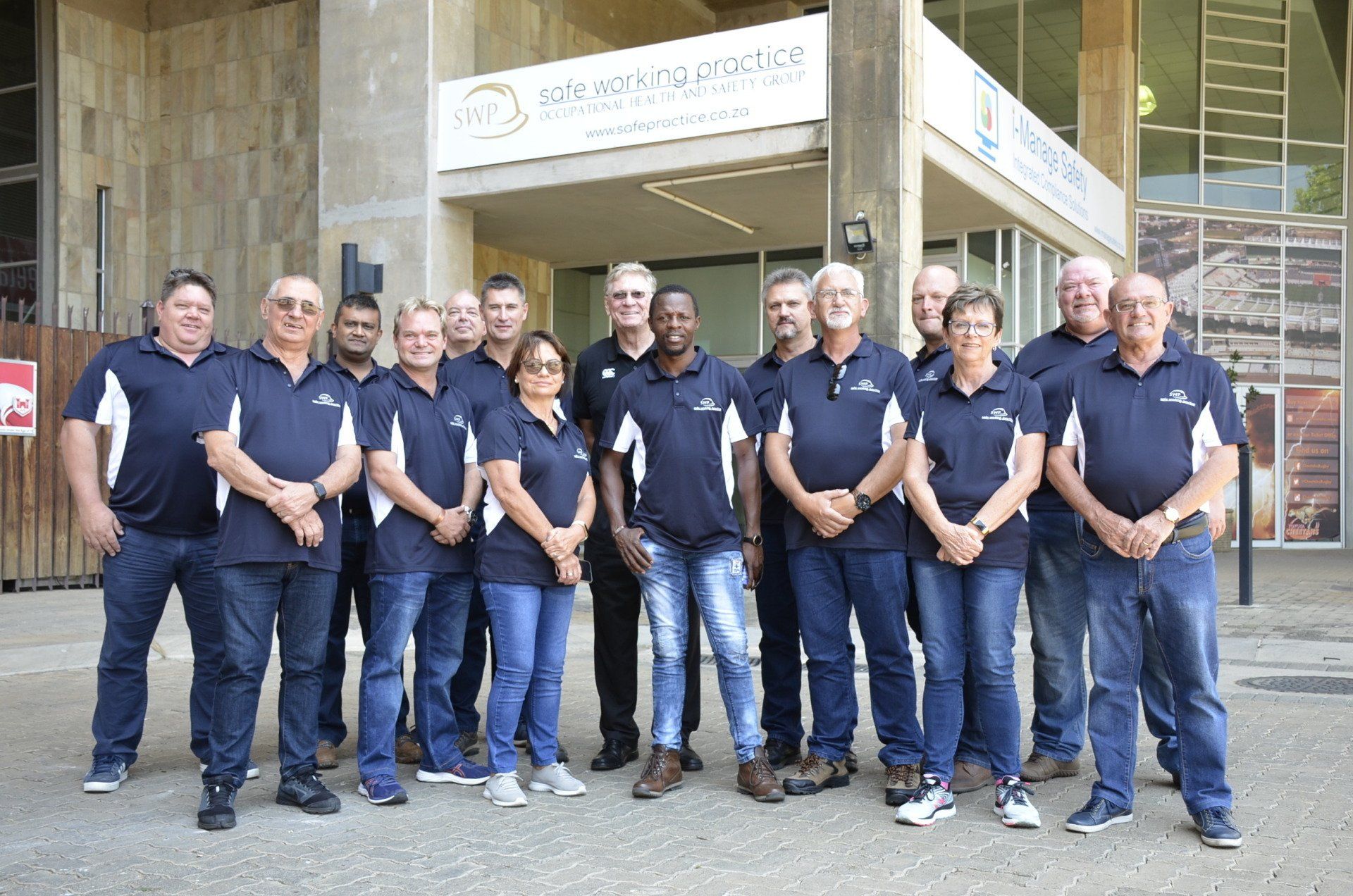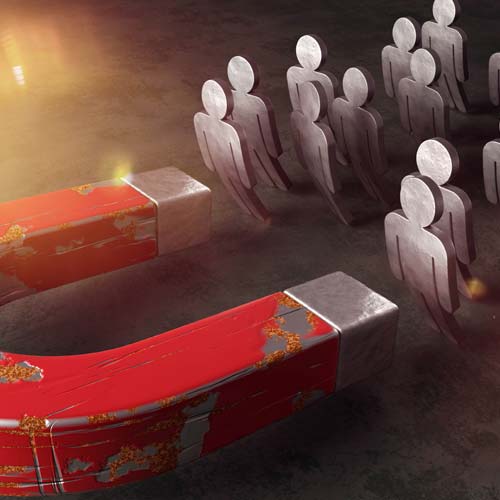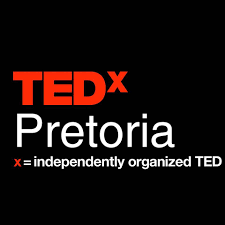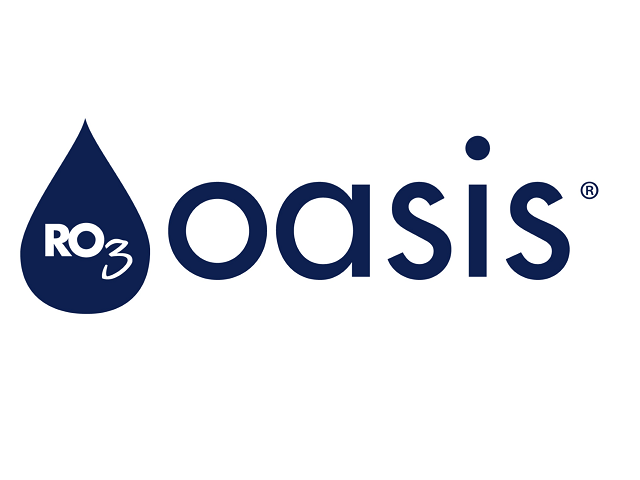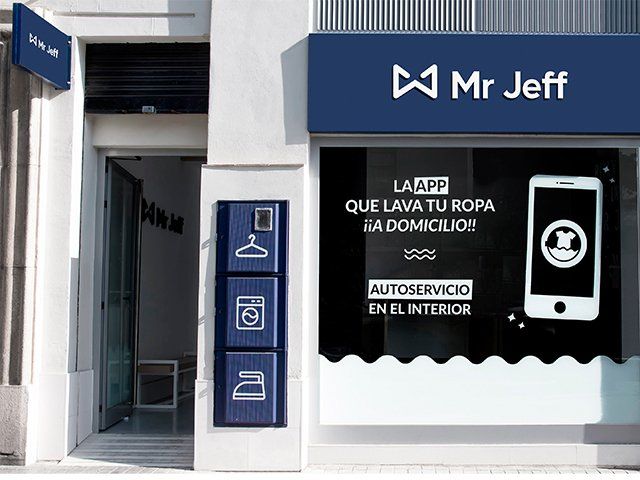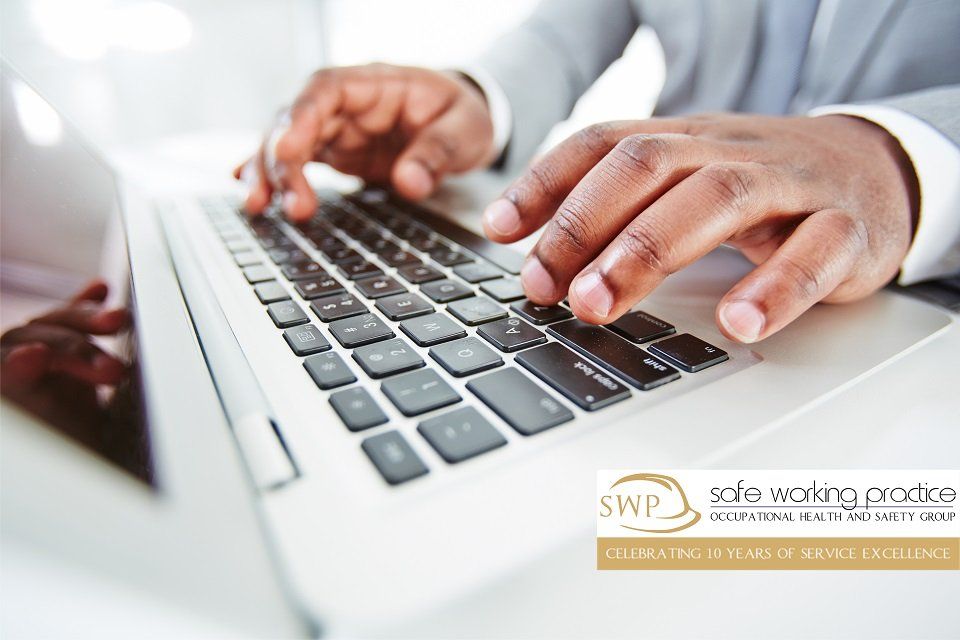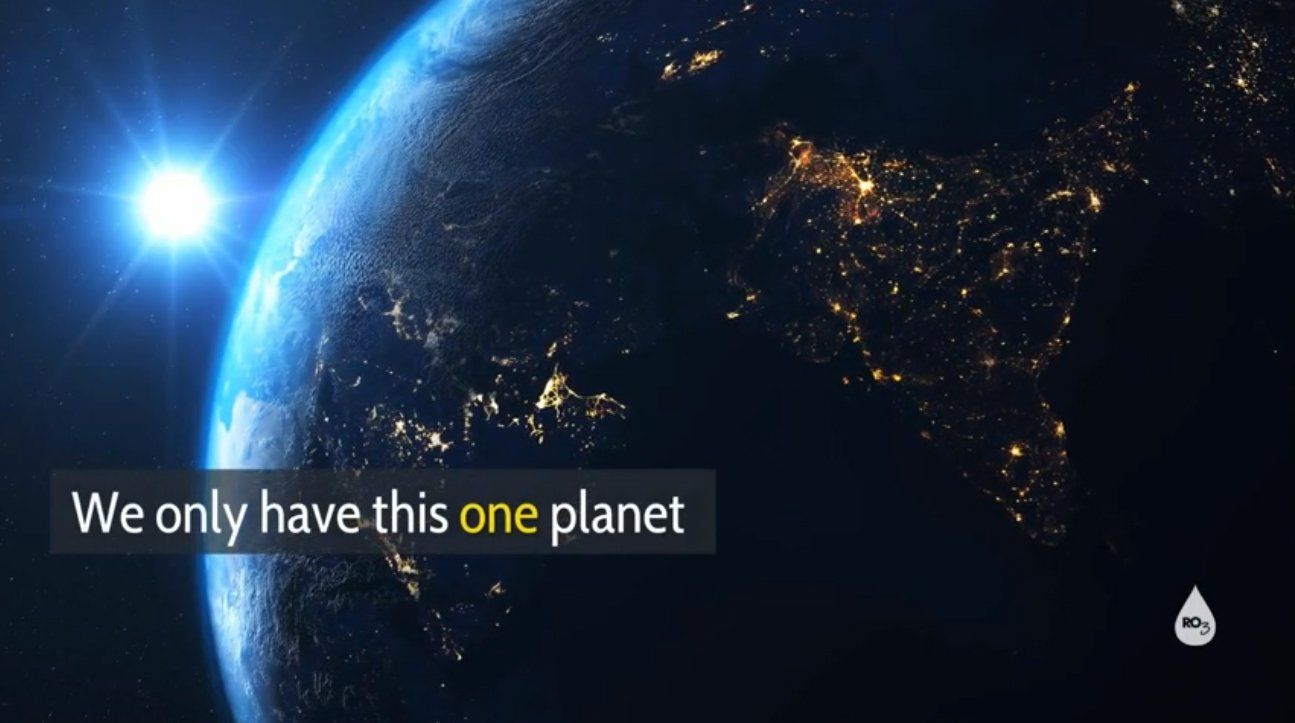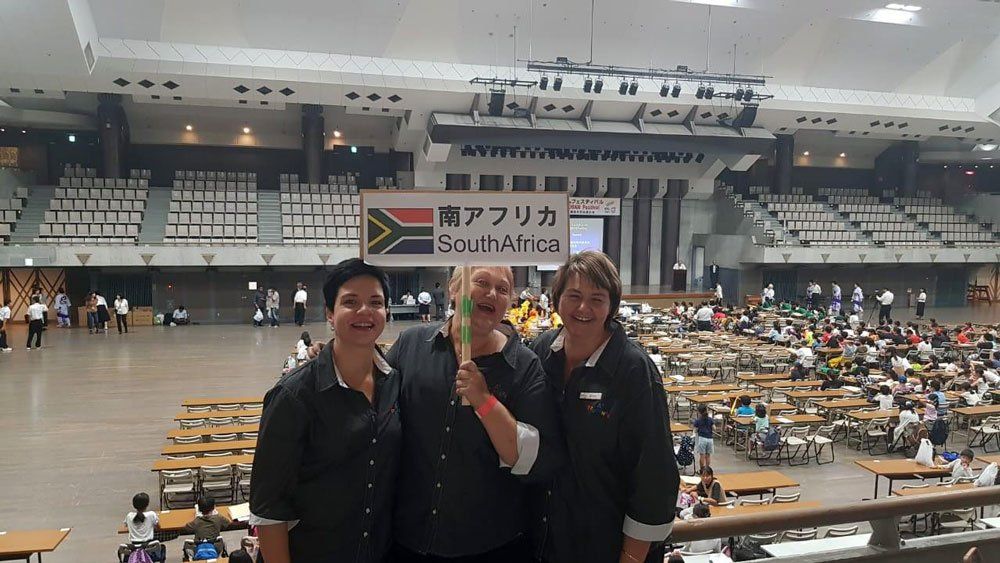BLOG
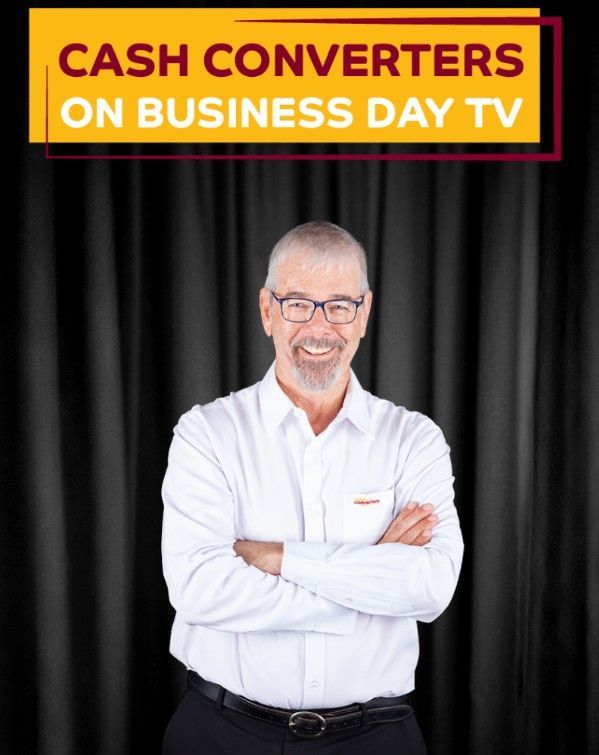
In a recent interview with Gary Alfonso on Business Day TV, Cash Converters CEO Richard Mukheibir shared some valuable insights into how Cash Converters has tapped into the power of franchising to grow our presence across South Africa and into international markets. From lessons learned to strategies that worked, it was a fascinating look into the journey of building a scalable, sustainable business model in South Africa—and beyond—by harnessing the power of the franchising model.

South Africa is bursting with entrepreneurial energy. From buzzing student communities to young professionals dreaming of financial freedom, more and more youth are exploring the idea of building something of their own. But with so many unknowns in today’s economy, the big question often arises: Should I start my own business from scratch, or should I invest in a franchise business for sale in South Africa ? This article dives into the pros and cons of both routes, offers a detailed cost-risk-profitability comparison, and helps young South Africans decide which option fits their lifestyle, goals, and budget.
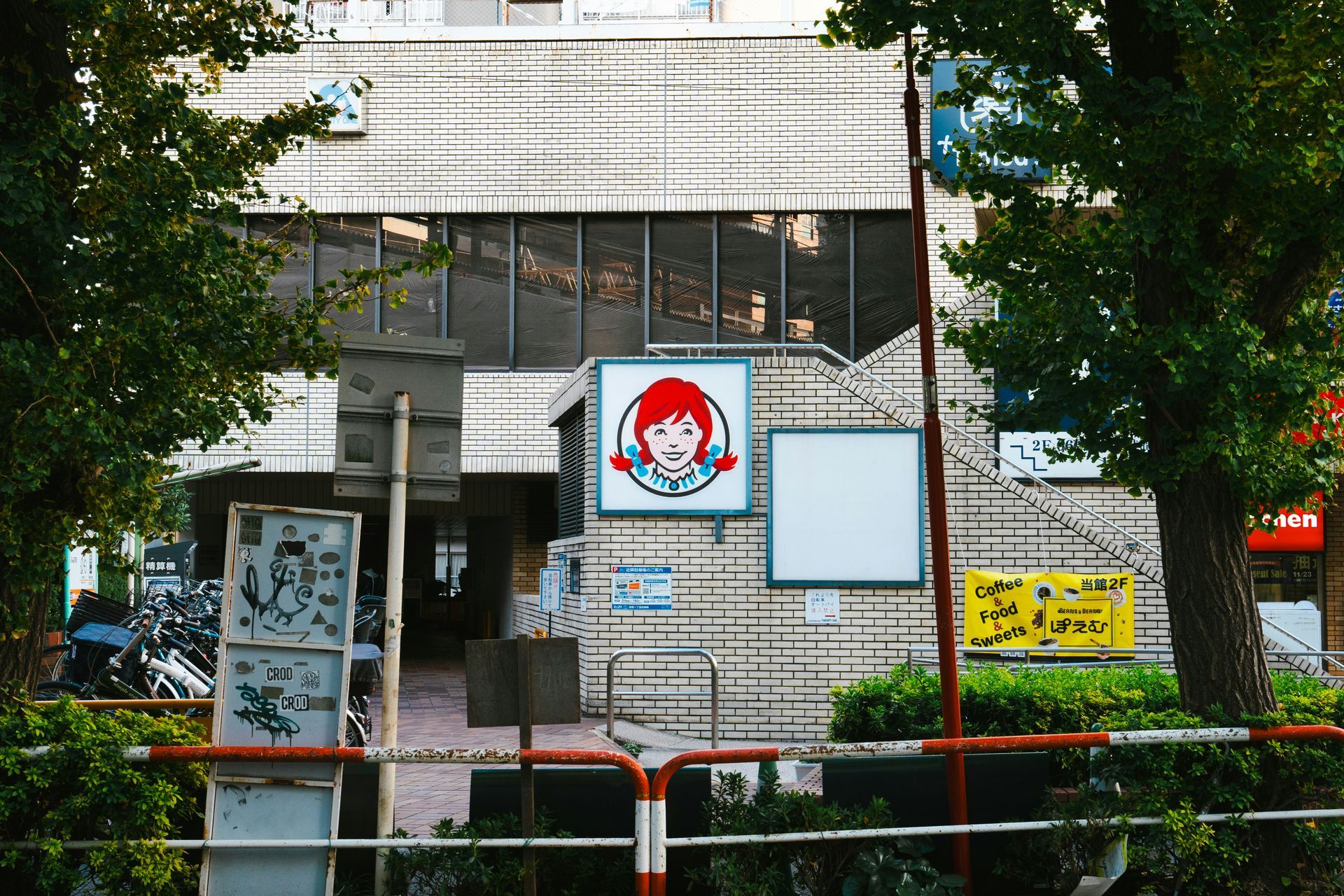
South Africa’s franchise industry is thriving, offering lucrative opportunities for entrepreneurs and investors. Whether you’re looking for a franchise for sale or an established franchise for sale , understanding which industries yield the highest return on investment (ROI) can help you make an informed decision. From food and retail to healthcare, certain sectors consistently outperform others in terms of profitability and sustainability.

In a world increasingly dominated by online marketplaces and digital finance, Cash Converters South Africa has carved out a thriving niche with an innovative and resilient franchise model. Known for its distinctive mix of retail, pawnbroking, and micro-financing services, Cash Converters has become a household name across South Africa. This blog explores what sets its franchise model apart and why it continues to attract savvy entrepreneurs.

Are you looking for a proven, profitable, and recession-proof business opportunity? For over 10 years, Digit FMS has been a trusted franchise opportunity through SA Franchise Warehouse, offering entrepreneurs a chance to build a thriving business in the high-demand electronic security and fleet management industry.
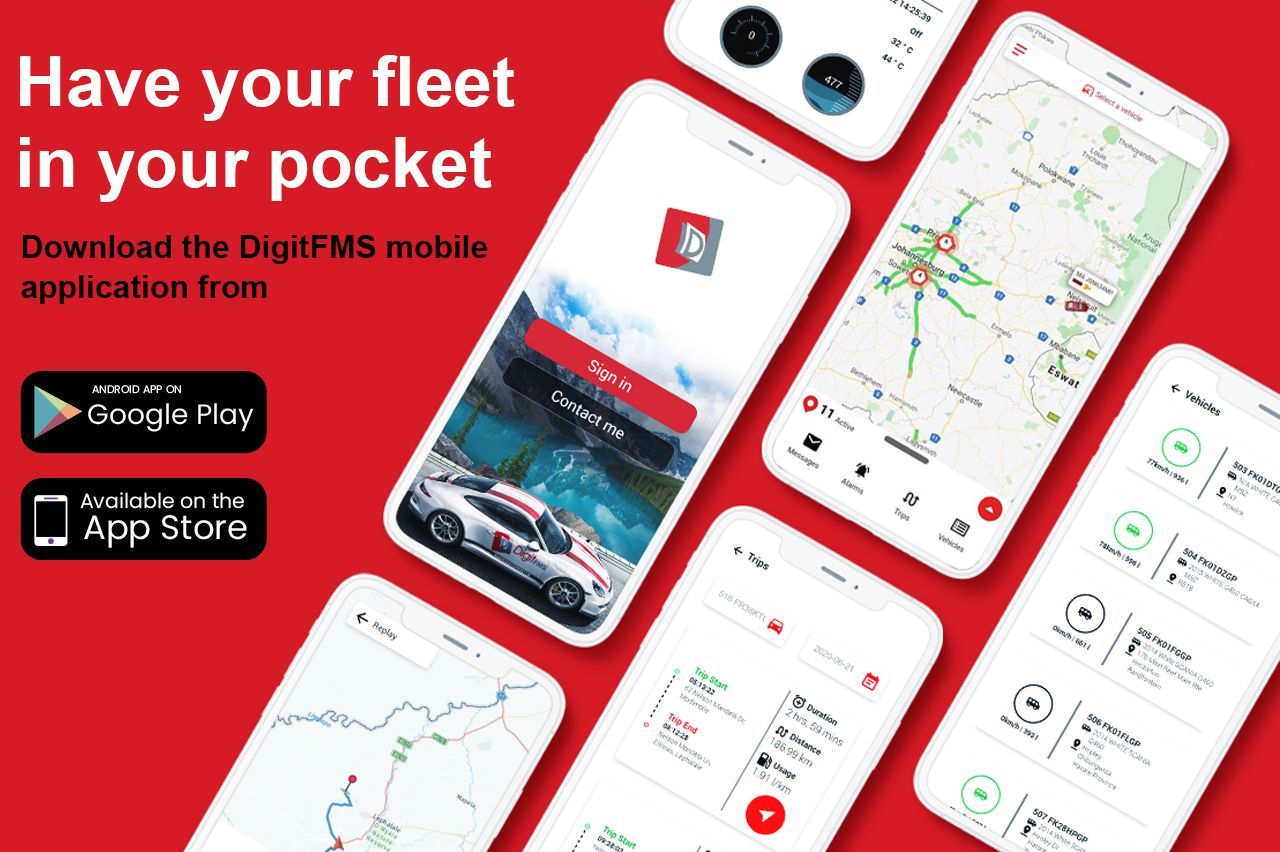
Are you ready to invest in a thriving business with guaranteed returns? Digit FMS offers an exceptional franchise opportunity in security and fleet management. You can build a successful business with minimal risk with cutting-edge technology, a subscription-based revenue model, and unparalleled support.

Franchising has become one of the most attractive business models in South Africa, offering entrepreneurs a proven system to build a successful business with reduced risk. With a variety of industries to choose from—ranging from food and retail to automotive and services —buying a franchise can be a lucrative investment. But how do you navigate this process and make the right decision? This guide will walk you through the key factors to consider when buying a franchise, the benefits and challenges, and how SAFW can help connect you with the best franchise opportunities in South Africa.

The High Court in Pretoria recently ruled that taxpayers have a right to be notified before SARS appoints an agent to collect ‘outstanding tax debt’ – a victory for both taxpayer rights and the wider cause of administrative justice, according to Althea Soobyah, Tax Consulting Director at Mazars.
SARS can collect outstanding tax debts using several methods, but each has specific procedures that must be followed to ensure due process, especially when a third party is involved. A recent High Court judgment[1] confirmed this, and in doing so, also confirmed the administrative justice principle of providing sufficient notice to the taxpayer prior to appointing an agent for the collecting of outstanding debt.
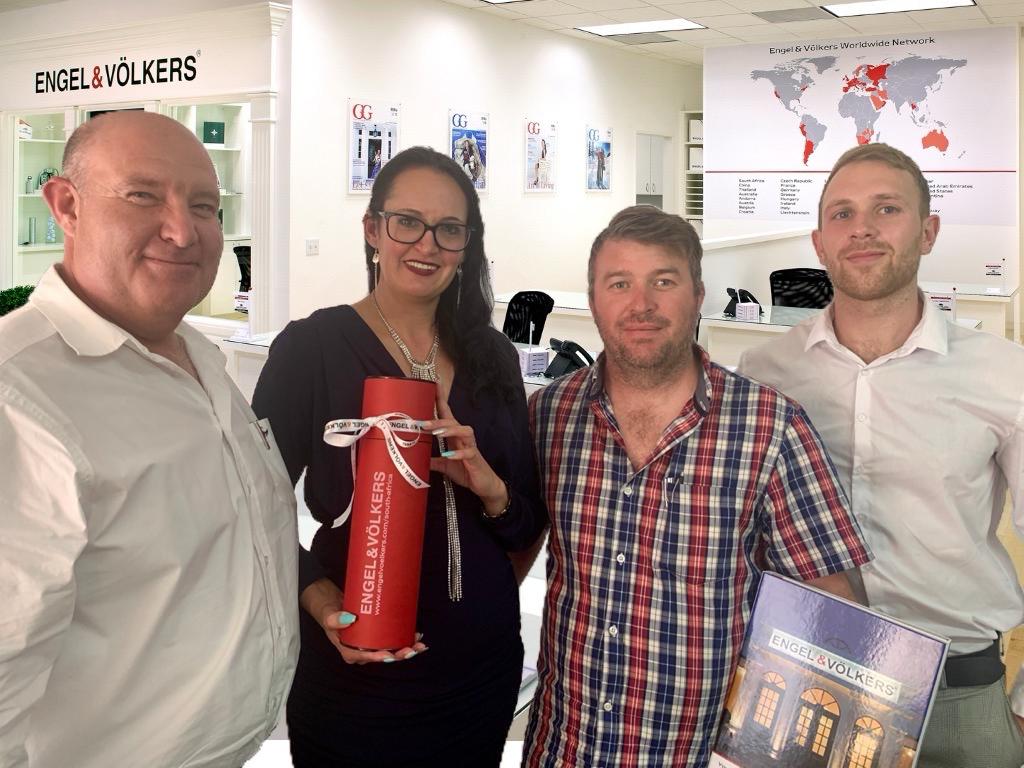
About Engel & Völkers: Engel & Völkers is one of the world’s leading service companies specialised in the sale and rental of premium residential property, commercial real estate, yachts and aircrafts. Based in over 700 locations in total, Engel & Völkers offers both private and institutional clients a professionally tailored range of services. Leasing, sales, consultancy and valuations form the core competences of the staff of more than 10,000 employees. The company is currently operating in over 34 countries on 4 continents. Intensive training schemes in its in-house real estate Academy and the high level of quality assurance governing its systematically structured service provision are key factors that account for the company’s success.
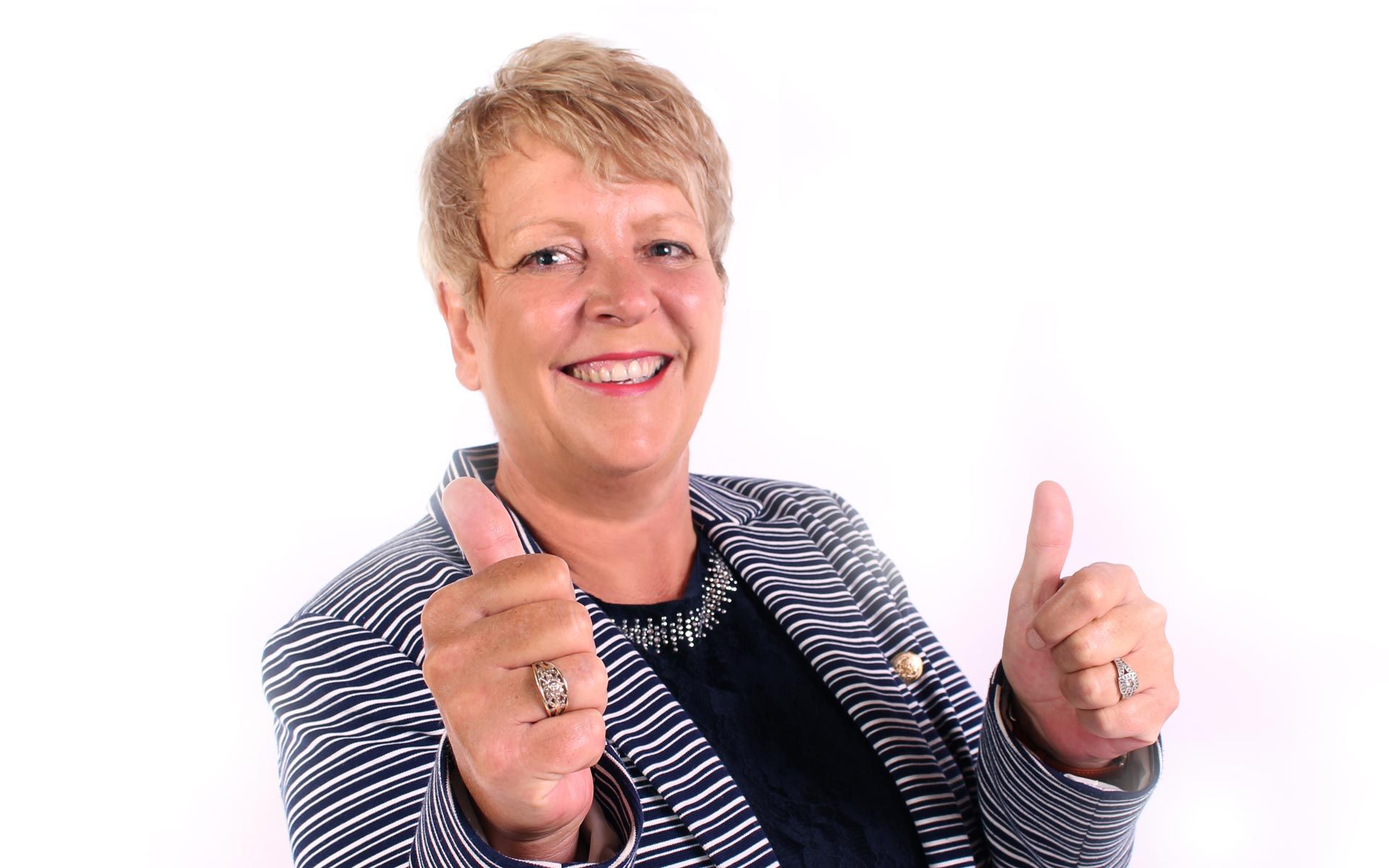
Celebrating founder and CEO of 47 franchise stores, this woman’s month - J’Arlette-Joy as one of South Africa’s most successful women franchisors, understands the power businesses have in creating employment. Under her leadership, Sandwich Baron grew from one to 39 stores in two decades, with a national footprint in Gauteng, Mpumalanga and the Western Cape. J’Arlette-Joy owns eight Sandwich Baron stores herself, whilst the balance are owned by franchisees.


